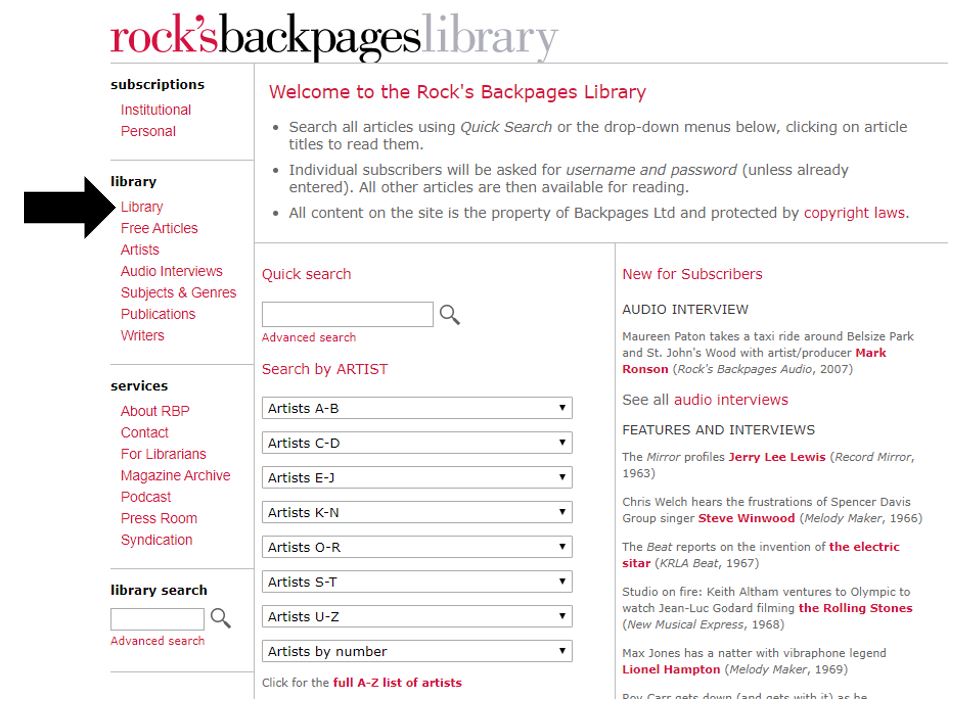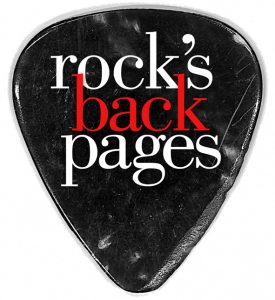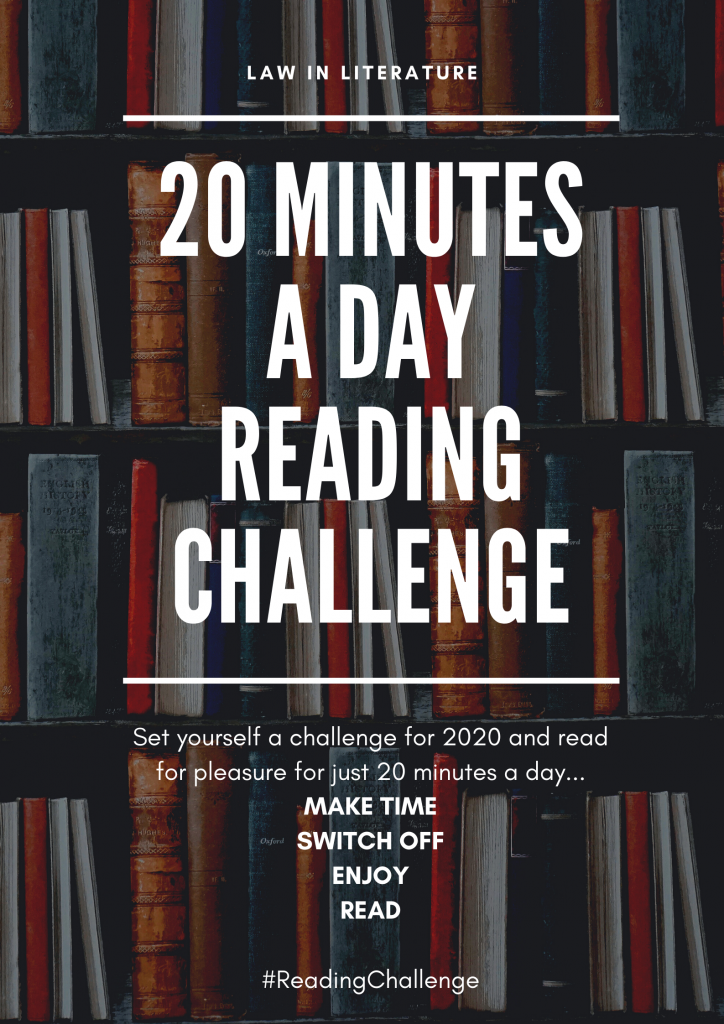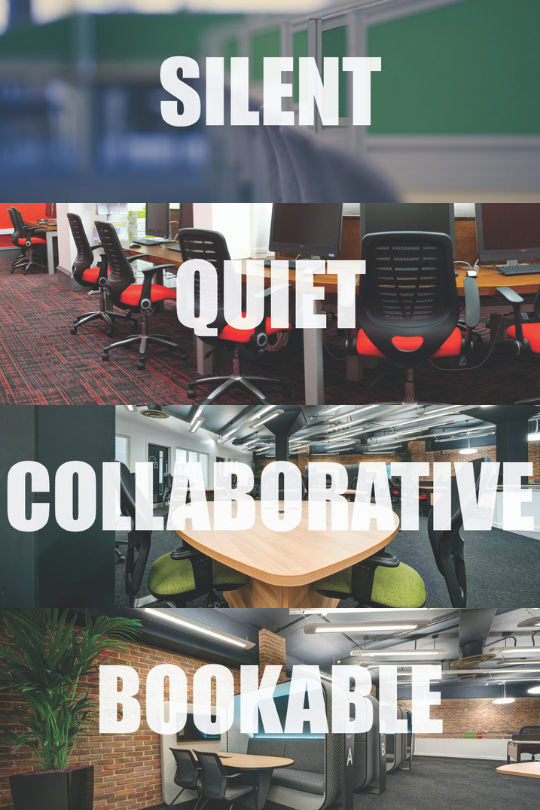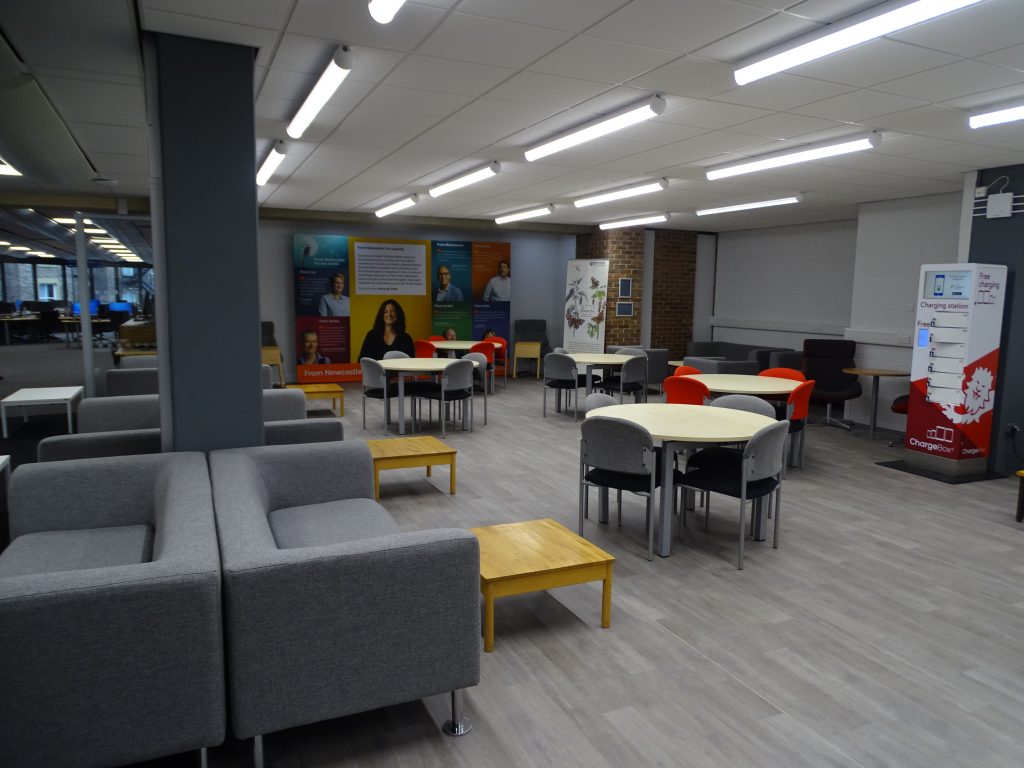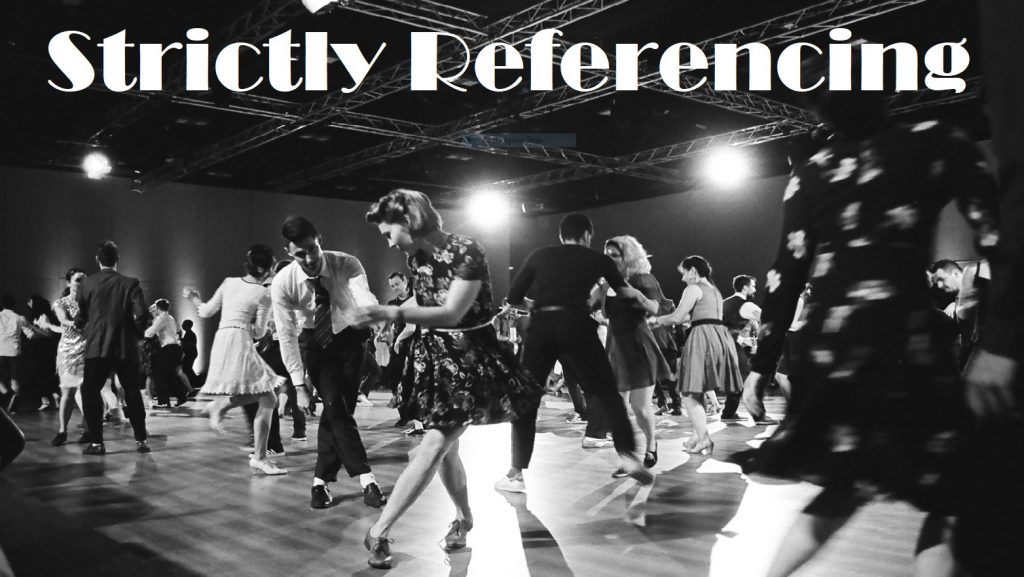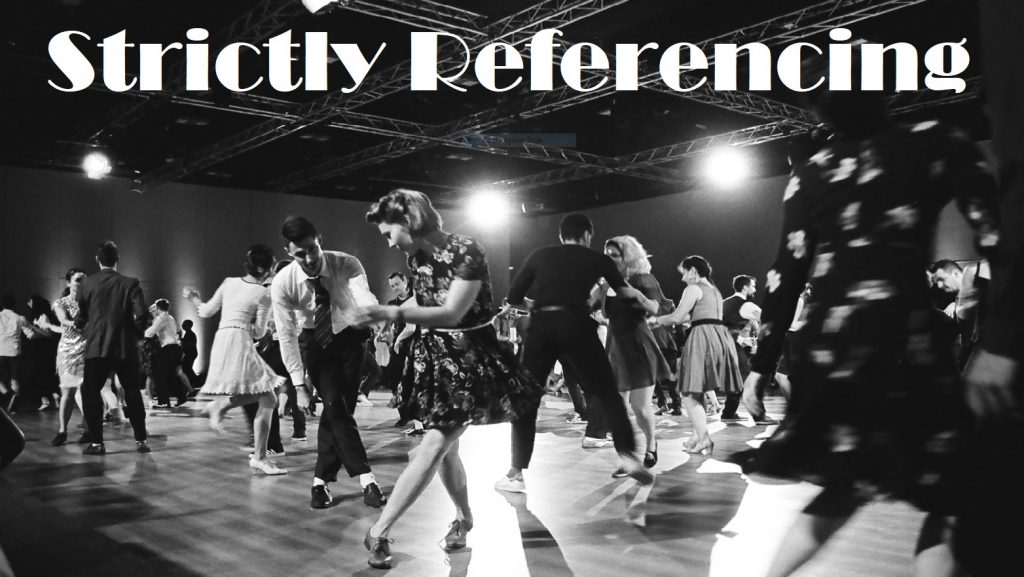
During the exam period library study spaces are at a premium and it is important to think in advance about the kind of study space that you need.
Whether you require a silent, quiet, or collaborative study space, a group study room or booth, or an individual accessible study room, there are a variety of open access and bookable study spaces located across our four library buildings (Philip Robinson, Walton, Law, and Marjorie Robinson).
It is possible to check live study space availability online or by using the university app. This will allow you to head straight for the nearest available study space and therefore avoid wasting valuable time searching for a desk.
You can also book a group study room or booth online for a maximum of 120 minutes per day. This will allow you to get together with fellow students to plan and allocate some guaranteed study time prior to your next exam.
Study Well@NCL, which runs throughout the exam period, advocates a responsible approach to studying and encourages positive behaviours in study spaces. Remember, it is key to choose the right environment that meets your study needs, to stay hydrated, and to respect the students and study space around you.
Thinking about study space in advance can help to remove a lot of unwanted stress and thus free up valuable energy that will aid both your revision focus and exam preparation.






